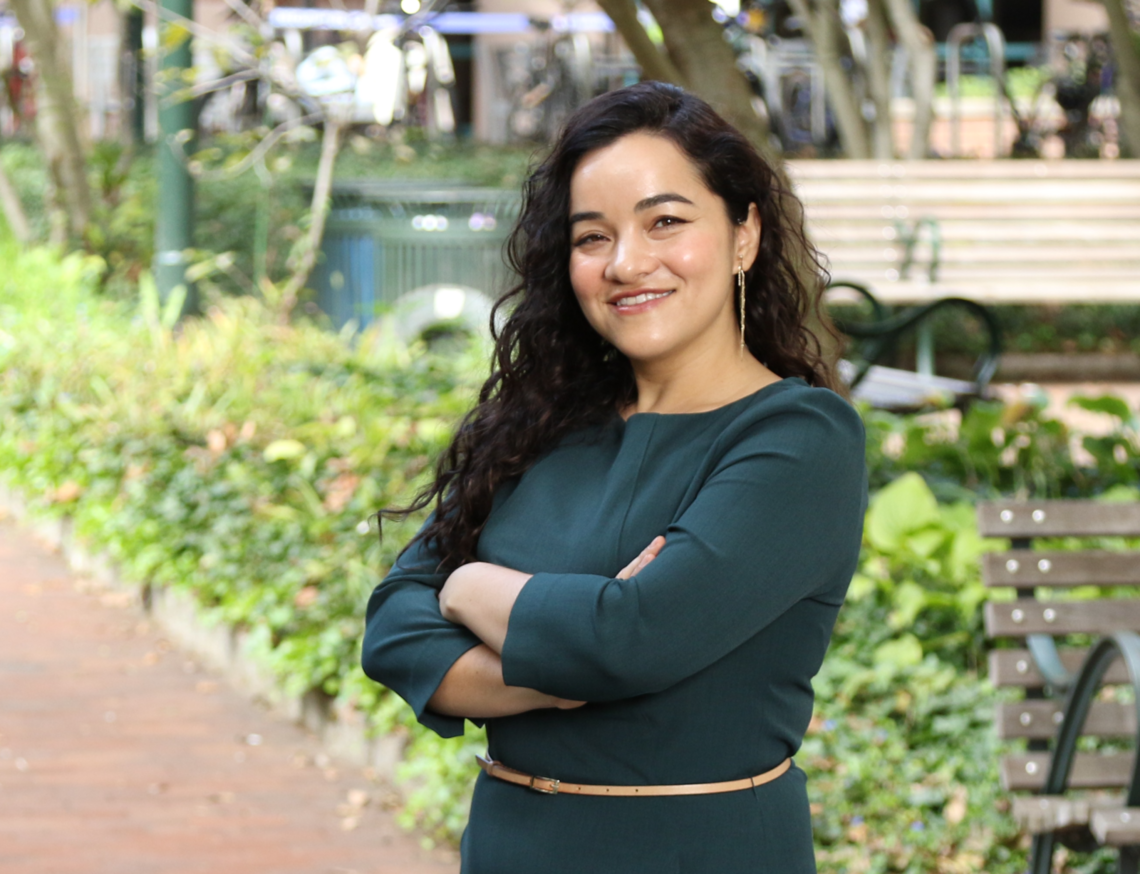Health Policy Research Seminar: Corinne Low, PhD, Associate Professor of Business Economics and Public Policy, University of Penn
12:00pm - 1:00pm • 1104 Blockley Hall
2024-10-10 12:00:00 2024-10-10 13:00:00 America/New_York Health Policy Research Seminar: Corinne Low, PhD, Associate Professor of Business Economics and Public Policy, University of Penn Event Details: Topic: "Family Planning Now and Later: Infertility Fears and Contraception Take-Up." Additional Info: Lunch will be served. Bio: Corinne Low is an Associate Professor of Business Economics and Public Policy at the Wharton School, where she teaches Economics of Diversity and Discrimination, one of Wharton’s highest rated classes. Her research focuses on the economics of gender and discrimination and has been published in top journals such as the American Economic Review, Quarterly Journal of Economics, and Journal of Political Economy. She received her Ph.D. in Economics from Columbia University, her B.S. in Economics and Public Policy from Duke University, and formerly worked for McKinsey and Company. Outside of work, she is the co-founder and volunteer executive director for Open Hearts Initiative, a New York City based non-profit addressing the homelessness crisis. Abstract: Early fertility is a key barrier to female human capital attainment in sub-Saharan Africa, yet contraceptive take-up remains puzzlingly low, even among educated populations with healthcare access. We study a barrier to hormonal contraceptive uptake that has not been causally tested: the persistent (incorrect) belief that these contraceptives cause later infertility. This belief creates a perceived tradeoff between current and future reproductive control. We use a randomized controlled trial with female undergraduates at the flagship university in Zambia to test two interventions to increase contraceptive use. Despite high rates of sexual activity, low rates of condom-use, and near zero desire for current pregnancy, only 5% of this population uses hormonal contraceptives at baseline. Providing a non-coercive conditional cash transfer to visit a local clinic only temporarily increases contraceptive use. However, pairing this transfer with information addressing fears that contraceptives cause infertility has a larger initial effect and persistently increases take-up over 6 months. This treatment reduces beliefs that contraceptives cause infertility and leads to the take-up of longer-lasting contraceptives. Compliers are more likely to cite fear of infertility as the reason for not using contraceptives at baseline. Eliminating the belief that contraceptives cause infertility would more than triple contraceptive use. 1104 Blockley Hall Penn Medical Ethics
Event Details:
- Topic: "Family Planning Now and Later: Infertility Fears and Contraception Take-Up."
- Additional Info: Lunch will be served.
Bio: Corinne Low is an Associate Professor of Business Economics and Public Policy at the Wharton School, where she teaches Economics of Diversity and Discrimination, one of Wharton’s highest rated classes. Her research focuses on the economics of gender and discrimination and has been published in top journals such as the American Economic Review, Quarterly Journal of Economics, and Journal of Political Economy. She received her Ph.D. in Economics from Columbia University, her B.S. in Economics and Public Policy from Duke University, and formerly worked for McKinsey and Company. Outside of work, she is the co-founder and volunteer executive director for Open Hearts Initiative, a New York City based non-profit addressing the homelessness crisis.
Abstract: Early fertility is a key barrier to female human capital attainment in sub-Saharan Africa, yet contraceptive take-up remains puzzlingly low, even among educated populations with healthcare access. We study a barrier to hormonal contraceptive uptake that has not been causally tested: the persistent (incorrect) belief that these contraceptives cause later infertility. This belief creates a perceived tradeoff between current and future reproductive control. We use a randomized controlled trial with female undergraduates at the flagship university in Zambia to test two interventions to increase contraceptive use. Despite high rates of sexual activity, low rates of condom-use, and near zero desire for current pregnancy, only 5% of this population uses hormonal contraceptives at baseline. Providing a non-coercive conditional cash transfer to visit a local clinic only temporarily increases contraceptive use. However, pairing this transfer with information addressing fears that contraceptives cause infertility has a larger initial effect and persistently increases take-up over 6 months. This treatment reduces beliefs that contraceptives cause infertility and leads to the take-up of longer-lasting contraceptives. Compliers are more likely to cite fear of infertility as the reason for not using contraceptives at baseline. Eliminating the belief that contraceptives cause infertility would more than triple contraceptive use.